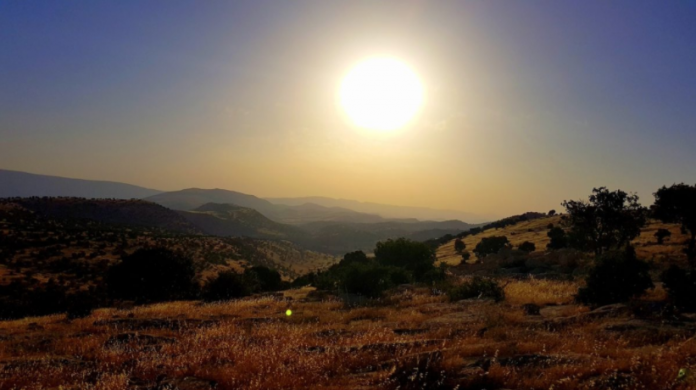The United Nations Development Programme (UNDP) has signed a letter of agreement with the Governorate of Duhok, in Iraqi Kurdistan, to build a 2 MW pilot solar plant.
The project, which is being developed under the Duhok Sustainable Energy Action Plan (SEAP), is part of the governatorate’s plan to deploy around 40 MW of renewable energy power generation capacity by 2030.
According to the UNDP, the Duhok region is currently being power by around 1,000 generators relying on fossil fuels and is suffering from chronic electricity shortages. “Establishing a solar park will stimulate the economy through private sector investments, create more jobs in green economy, and above all reduce pollution,” said UNDP representative in Iraq, Zena Ali-Ahmad.
The European Union has agreed to finance the project with $2 million, the UNDP specified.
Iraq began taking its first steps into solar energy in January 2019, when the United Nations Development Program (UNDP) started a search for consultants to help draw up a national PV policy. Later in May, Iraq’s Ministry of Electricity began procurement of seven PV power projects with a combined capacity of 755 MW.
According to the latest statistics from the International Renewable Energy Agency, the country had only 37 MW of installed solar power at the end of 2018.






